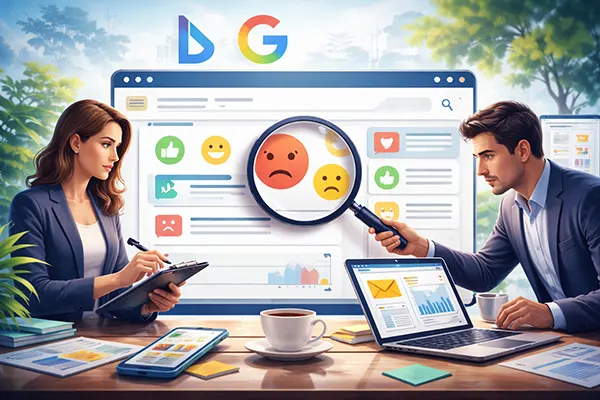
Navigating the Bold Terrain of Aggressive Marketing
In the fiercely competitive business landscape, standing out often requires bold and assertive strategies. Aggressive marketing, characterized by its high-energy and sometimes confrontational tactics, aims to capture consumer attention swiftly and decisively. This approach, while potent, demands careful handling to harness its benefits without succumbing to potential pitfalls. Through the lens of various sectors, including the contentious realm of online casinos, we explore the essence, suitability, functions, advantages, disadvantages, and techniques of aggressive marketing.
What is Aggressive Marketing?
Aggressive marketing is a proactive strategy that focuses on directly and assertively promoting a product or service with the intention of quickly increasing market share and customer awareness. This form of marketing is distinguished by its intensive use of advertising mediums, bold messages, and a pervasive presence in potential customers’ lives. It often involves pushing the boundaries of traditional marketing to make an indelible impression on the target audience.
Who is Suitable for Aggressive Advertising?
Aggressive marketing suits businesses that operate in highly competitive industries where rapid growth is crucial, or market visibility is low. Start-ups looking to establish a foothold, companies in the tech industry facing swift obsolescence, and brands aiming to disrupt market leaders can benefit from this approach. This is especially effective for pip casino gambling or services that have clear differences or superior offerings compared to competitors.
Aggressive Advertising Functions
The primary functions of aggressive advertising include dramatically increasing brand visibility, creating a buzz or controversy that captures media attention, and directly challenging competitors. It aims to generate rapid increases in sales and market penetration by ensuring that the target audience cannot ignore the brand’s presence. This strategy also seeks to exploit opportunities in the market by aggressively promoting the brand’s advantages.

Pros and Cons of Radical Marketing
Pros:
- Rapid Visibility: Aggressive marketing can swiftly elevate a brand’s visibility, crucial for online casinos in a saturated market.
- Market Share Growth: By capturing attention and creating a compelling narrative, casinos can quickly gain a larger slice of the market pie.
- Customer Engagement: Bold campaigns can engage and excite potential customers, encouraging them to explore the casino’s offerings.
Cons:
- Public Backlash: Overly aggressive tactics may lead to negative public perception, particularly if customers feel bombarded or misled.
- Brand Damage: In the quest for rapid growth, quality and ethical considerations may be sidelined, potentially harming the brand in the long term.
- Legal and Ethical Risks: Aggressive marketing, especially in sensitive sectors like online gambling, may attract regulatory scrutiny and legal challenges.
Techniques of Aggressive Marketing Strategy
One hallmark technique of aggressive marketing is direct confrontation with competitors. This can take the form of comparative advertising, where a brand’s offerings are directly compared to those of a competitor, highlighting superior features or value. Other tactics include “ambush marketing,” where brands hijack competitors’ events or campaigns to divert attention to their own offerings. Social media platforms are often leveraged for rapid, pointed attacks that can go viral, further amplifying the campaign’s reach.
Similar news
-
 “Negative PR as a service”: what commercial sme...
“Negative PR as a service”: what commercial sme...The phrase “negative PR as a service” is used for …
-
 How Fake Review Networks Operate in 2026: Real ...
How Fake Review Networks Operate in 2026: Real ...Fake review networks have moved far beyond “a few paid …
-
 How Brands Should Handle Negative Mentions in G...
How Brands Should Handle Negative Mentions in G...AI-generated answers in Google and Bing have changed how brand …
